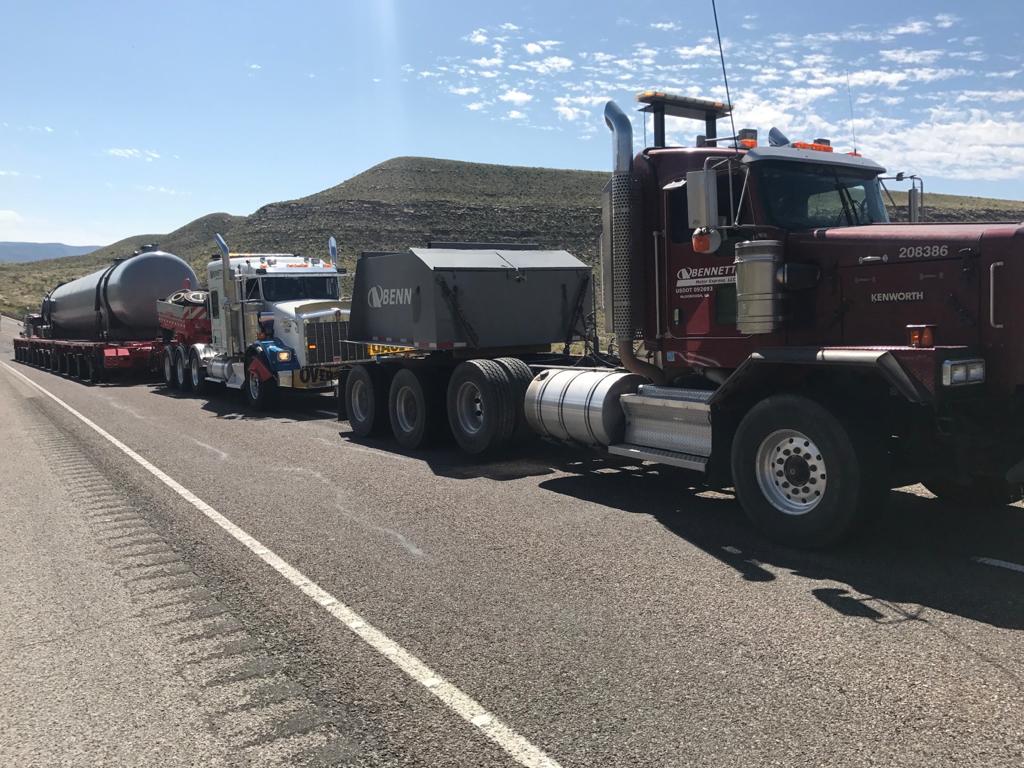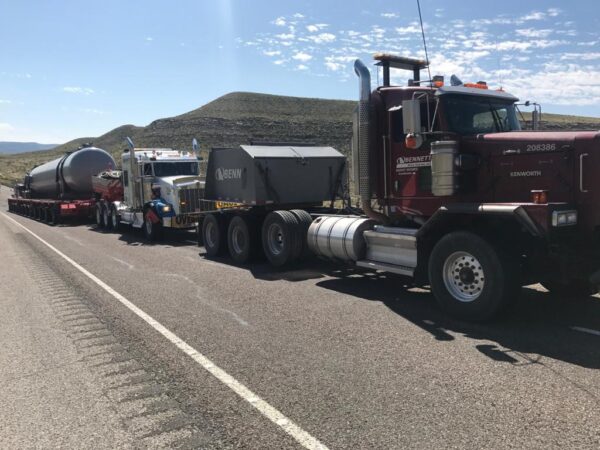
Pilot Cars
You may also like

22Jan
Texas Best Pilots Car Services


In the vast landscape of transportation, ensuring the safe and efficient movement of oversize loads is a critical concern. One of the unsung heroes in this realm is the pilot car, a specialized vehicle that plays a pivotal role in guiding and safeguarding oversized shipments. In this article, we delve into the world of pilot cars, exploring their importance, qualifications, challenges, and the evolving landscape of pilot car services.
Pilot cars, often referred to as escort vehicles, are an integral part of the transportation industry. Their primary function is to accompany oversize loads, ensuring a safe journey from origin to destination. While they may seem like ordinary vehicles on the road, their role in guiding and alerting other drivers about the presence of an oversized shipment is indispensable.
Safety is paramount in transportation, especially when dealing with oversize loads. Pilot cars act as a proactive measure, alerting motorists about the upcoming large shipment and facilitating a smoother flow of traffic. This not only protects the cargo but also enhances overall road safety.
Oversize loads, by their nature, present unique challenges during transportation. Pilot cars serve as escorts, navigating the way and providing valuable assistance to the main shipment in avoiding obstacles, low bridges, and other potential hazards.
Some transportation routes can be particularly challenging due to narrow roads or complex intersections. Pilot cars, equipped with their knowledge and experience, play a crucial role in guiding the oversized load through such intricate routes.
Pilot car drivers are required to obtain certifications to operate in their capacity. These certifications ensure that drivers are well-versed in the regulations and safety protocols associated with escorting oversize loads.
Beyond certifications, pilot car drivers undergo specialized training to handle various situations they might encounter on the road. This training includes navigation skills, effective communication, and emergency response protocols.
…
[Continue to develop the article based on the outlined headings and subheadings, ensuring a conversational tone, engaging content, and adherence to SEO principles.]
In conclusion, the role of pilot cars in the transportation industry cannot be overstated. From ensuring safety on the road to guiding oversize loads through challenging routes, these unsung heroes play a crucial role in the seamless movement of cargo. As technology continues to advance and regulations evolve, the landscape of pilot car services is likely to undergo further transformations. Embracing these changes and recognizing the value of pilot cars is essential for a forward-thinking transportation industry.
